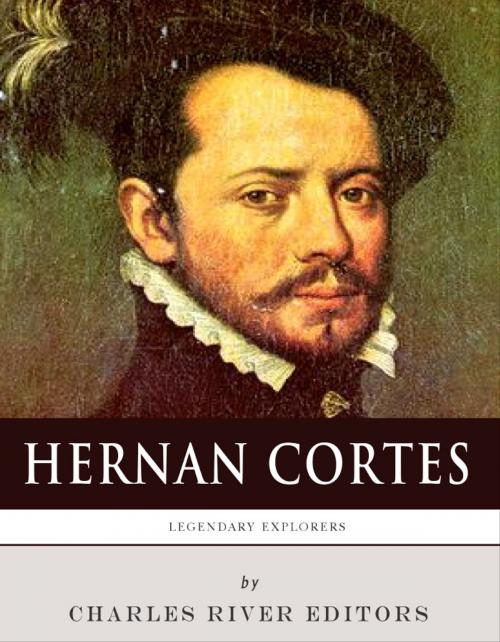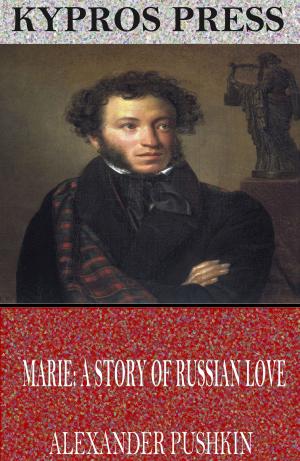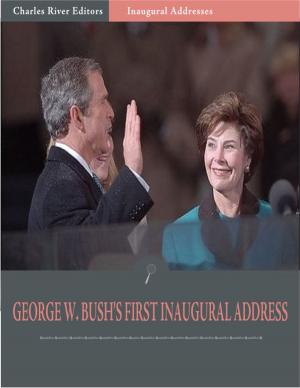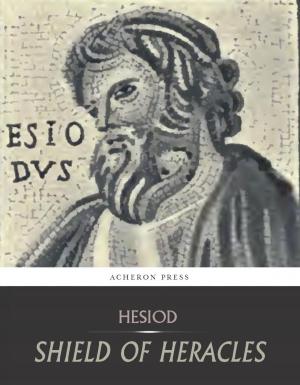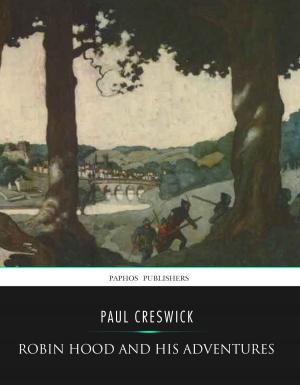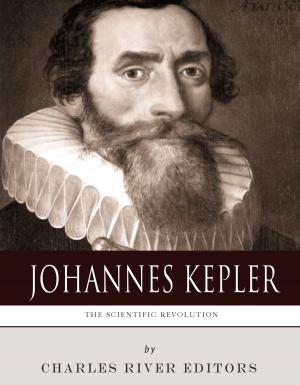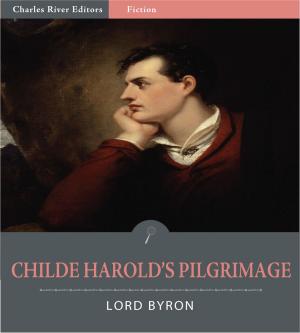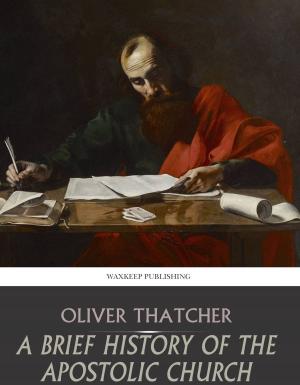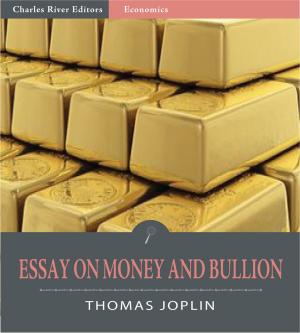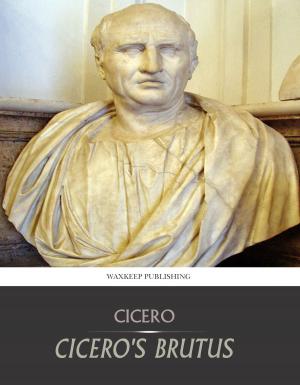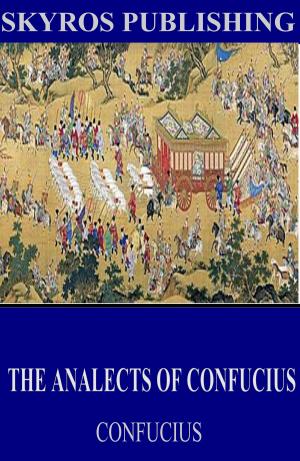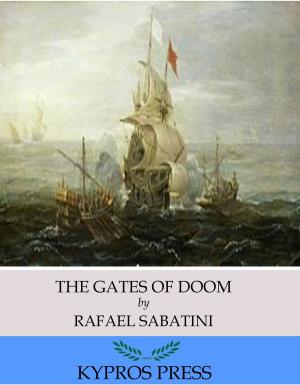Legendary Explorers: The Life and Legacy of Hernán Cortés
Nonfiction, History, Spain & Portugal, Biography & Memoir| Author: | Charles River Editors | ISBN: | 9781475319507 |
| Publisher: | Charles River Editors | Publication: | November 20, 2012 |
| Imprint: | Language: | English |
| Author: | Charles River Editors |
| ISBN: | 9781475319507 |
| Publisher: | Charles River Editors |
| Publication: | November 20, 2012 |
| Imprint: | |
| Language: | English |
*Includes Cortés's Second Letter to Charles V, one of the most descriptive firsthand accounts of the Aztecs and Tenochtitlan.*Discusses the Aztec Empire, the city of Tenochtitlan, and the human sacrifice rituals.*Includes pictures of Cortés and important people, places, and events. *Includes a Bibliograpy for further reading.*Includes a Table of Contents. Among these temples there is one which far surpasses all the rest, whose grandeur of architectural details no human tongue is able to describe; for within its precincts, surrounded by a lofty wall, there is room enough for a town of five hundred families. Hernán CortésA lot of ink has been spilled covering the lives of historys most influential figures, but how much of the forest is lost for the trees? The Age of Exploration and the explorers who set out on their history-making expeditions left many legacies and profoundly influenced history around the world. The voyages of men like Columbus and the conquests of men like Cortés had dramatic consequences for the natives, escalated tensions between the European nations, initiated imperialistic empires on a global scale, helped birth the United States, and ensured that the wars in the 20th century were truly world wars. In Charles River Editors Legendary Explorers series, readers can get caught up to speed on the lives of the most important explorers of history in the time it takes to finish a commute, while learning interesting facts long forgotten or never known. During the Age of Exploration, some of the most famous and infamous individuals were Spains best known conquistadors. Naturally, as the best known conquistador, Hernán Cortés (1485-1547) is also the most controversial. Like Christopher Columbus before him, Cortés was lionized for his successes for centuries without questioning his tactics or motives, while indigenous views of the man have been overwhelmingly negative for the consequences his conquests had on the Aztecs and other natives in the region. Just about the only thing everyone agrees upon is that Cortés had a profound impact on the history of North America. Of course, the lionization and demonization of Cortés often take place without fully analyzing the man himself, especially because there are almost no contemporaneous sources that explain what his thinking and motivation was. If anything, Cortés seemed to have been less concerned with posterity or the effects of the Spanish conquest on the natives than he was on relations with the Mother Country itself. Of the few things that are known about Cortés, it appears that he was both extremely ambitious and fully cognizant of politics and political intrigue, even in a New World thousands of miles west of Spain itself. While those ambitions and politics understandably colored his writings about his activities and conquests, scholars nevertheless use what he wrote to gain a better understanding of the indigenous natives he came into contact with. As Adolph Francis Bandelier noted in the Catholic Encyclopedia in 1908, Cortés was a good writer. His letters to the emperor, on the conquest, deserve to be classed among the best Spanish documents of the period. They are, of course, coloured so as to place his own achievements in relief, but, withal, he keeps within bounds and does not exaggerate, except in matters of Indian civilization and the numbers of population as implied by the size of the settlements. Even there he uses comparatives only, judging from outward appearances and from impressions.Legendary Explorers: The Life and Legacy of Hernán Cortés chronicles Cortéss life, but it also examines the aftermath of his conquest and analyzes the controversy surrounding his legacy. Along with pictures of important people, places, and events, you will learn about Cortés like you never have before, in no time at all.
*Includes Cortés's Second Letter to Charles V, one of the most descriptive firsthand accounts of the Aztecs and Tenochtitlan.*Discusses the Aztec Empire, the city of Tenochtitlan, and the human sacrifice rituals.*Includes pictures of Cortés and important people, places, and events. *Includes a Bibliograpy for further reading.*Includes a Table of Contents. Among these temples there is one which far surpasses all the rest, whose grandeur of architectural details no human tongue is able to describe; for within its precincts, surrounded by a lofty wall, there is room enough for a town of five hundred families. Hernán CortésA lot of ink has been spilled covering the lives of historys most influential figures, but how much of the forest is lost for the trees? The Age of Exploration and the explorers who set out on their history-making expeditions left many legacies and profoundly influenced history around the world. The voyages of men like Columbus and the conquests of men like Cortés had dramatic consequences for the natives, escalated tensions between the European nations, initiated imperialistic empires on a global scale, helped birth the United States, and ensured that the wars in the 20th century were truly world wars. In Charles River Editors Legendary Explorers series, readers can get caught up to speed on the lives of the most important explorers of history in the time it takes to finish a commute, while learning interesting facts long forgotten or never known. During the Age of Exploration, some of the most famous and infamous individuals were Spains best known conquistadors. Naturally, as the best known conquistador, Hernán Cortés (1485-1547) is also the most controversial. Like Christopher Columbus before him, Cortés was lionized for his successes for centuries without questioning his tactics or motives, while indigenous views of the man have been overwhelmingly negative for the consequences his conquests had on the Aztecs and other natives in the region. Just about the only thing everyone agrees upon is that Cortés had a profound impact on the history of North America. Of course, the lionization and demonization of Cortés often take place without fully analyzing the man himself, especially because there are almost no contemporaneous sources that explain what his thinking and motivation was. If anything, Cortés seemed to have been less concerned with posterity or the effects of the Spanish conquest on the natives than he was on relations with the Mother Country itself. Of the few things that are known about Cortés, it appears that he was both extremely ambitious and fully cognizant of politics and political intrigue, even in a New World thousands of miles west of Spain itself. While those ambitions and politics understandably colored his writings about his activities and conquests, scholars nevertheless use what he wrote to gain a better understanding of the indigenous natives he came into contact with. As Adolph Francis Bandelier noted in the Catholic Encyclopedia in 1908, Cortés was a good writer. His letters to the emperor, on the conquest, deserve to be classed among the best Spanish documents of the period. They are, of course, coloured so as to place his own achievements in relief, but, withal, he keeps within bounds and does not exaggerate, except in matters of Indian civilization and the numbers of population as implied by the size of the settlements. Even there he uses comparatives only, judging from outward appearances and from impressions.Legendary Explorers: The Life and Legacy of Hernán Cortés chronicles Cortéss life, but it also examines the aftermath of his conquest and analyzes the controversy surrounding his legacy. Along with pictures of important people, places, and events, you will learn about Cortés like you never have before, in no time at all.
